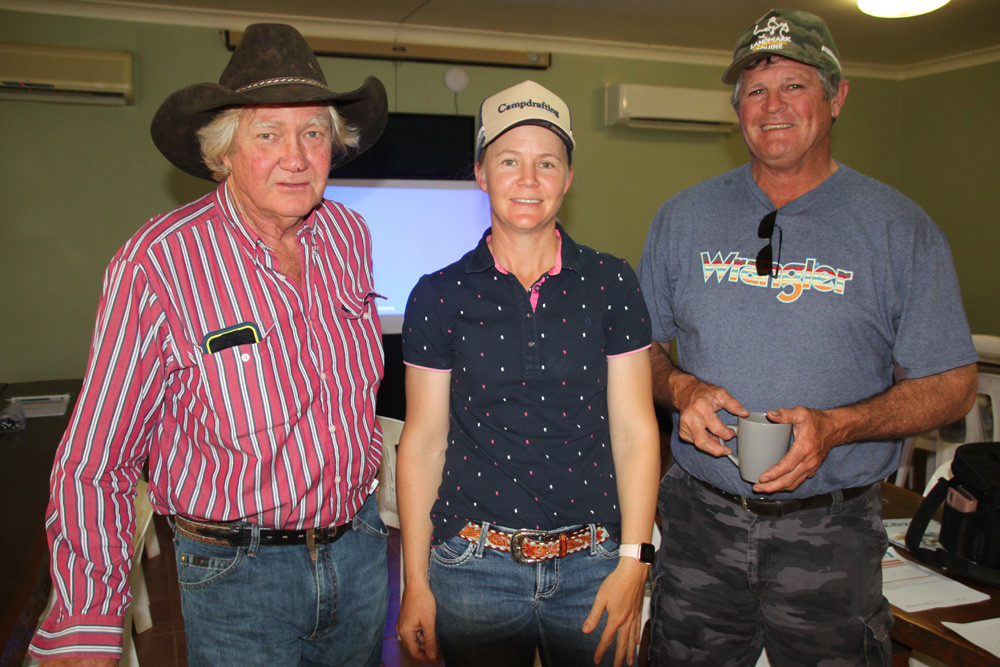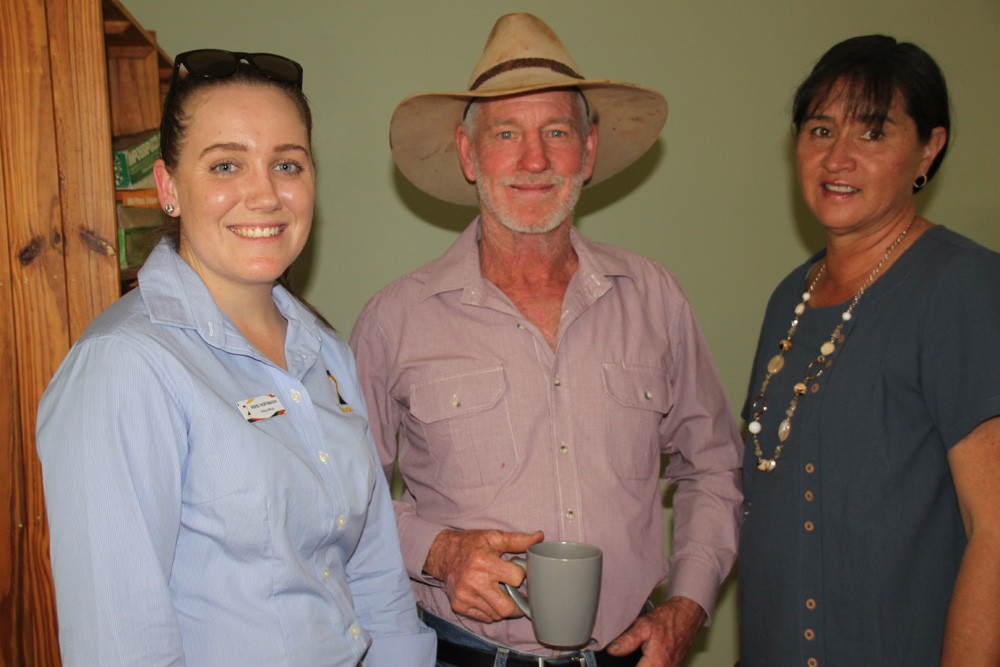On The Land
28 October, 2022
Agforce updates northern graziers
GRAZIERS from Mt Garnet, Mt Surprise, Kidston, Charters Towers, Forsayth and Croydon converged on Mt Surprise and Croydon recently to attend Agforce work-shops focused on land tenure and native title, understanding the steps in the land valuation and freeholding conversion process.

Townsville-based Agforce policy officer Nikki Hoffman has been working on issues such as land tenure, Native Title, cultural heritage and the stock route network.
“Approximately only seven per cent of Queensland is under perpetual lease which extinguishes Native Title, while 49 per cent is term lease,” she said.
“Converting term lease to freehold, to gain greater security and reduce risk to ex-cessive rent increases is usually a difficult, cumbersome and expensive process.
“It can cost around $20,000 to host the first meeting with Native Title holders just to start the conversation and even if claim-ants will engage in discussions, there is no simple, direct path. Producers can spend up-wards of $1 million with no results.
“With 36 per cent of Queensland under determined claims, 25 per cent subject to current claims and 861 registered Indigenous Land Use Agreements, this is a significant issue and we have established a working group to try and understand the issues and develop a solution.”
Outside of the native title process, over six million hectares has been returned to Aboriginal and Torres Strait Islander groups and the free legal representation that has been available to pastoralists for State native title claims for the last 20 years has recently been revoked.
Proposed amendments to Queensland’s Cultural Heritage Act may soon give government a greater capacity to monitor and enforce compliance.
“If adopted, these changes will cause undue delays, uncertainty and inefficiencies to land users without demonstrable benefits to any of the stakeholders,” Ms Hoffman said.
“Even owners of freehold properties may soon need clearance to install dams or carry out other property improvements.”
She said Agforce was, however, supportive of the State Government’s proposed changes to the management of Queensland’s 2.6 million hectares of stock routes, reserves and pastoral lease corridors in a bid to reduce red tape and complexity, while remaining responsive to change.

Cattle producer and former valuer with the Department of Natural Resources, John Moore, now works with Agforce helping graziers understand and object to the valuation process they are subject to.
“Increasingly, valuations are being done by mass appraisal, placing the onus more and more on landholders to check those assessments against their own knowledge of their properties,” Mr Moore said.
“I realised noone was helping produc-ers with this, so I went back to the land and have been providing a member advice and representation service for the last six years.
“Starting with comparing your property value to others in the area, there are a lot of bargaining points for getting a fairer property assessment, including access, weed and pest infestations, soil types and the property’s carrying capacity.
“Bitumen roads for example are only a positive if your property is close to one, not on one, as they create other issues such as increased risk of weed invasion, poaching, fires and rubbish from careless road users.
“If your property is affected by rubber-vine, grader grass or woody weeds, the area needs to be mapped and its impact costed out for presentation at your objection meeting. Rubber vine affects your prime grazing land and attracts pigs, which reduces your carrying capacity and costs money to fix. For best results, highlighted problems need to be backed by figures.”


